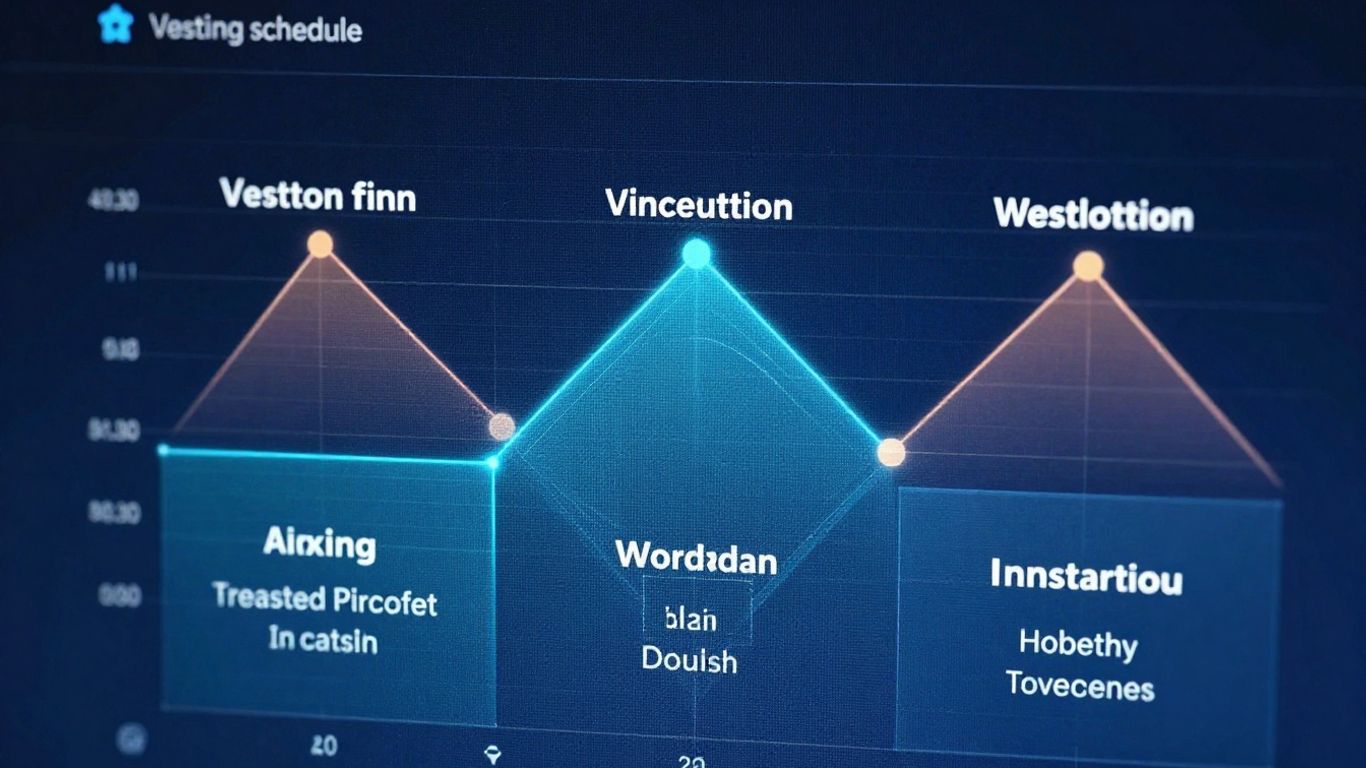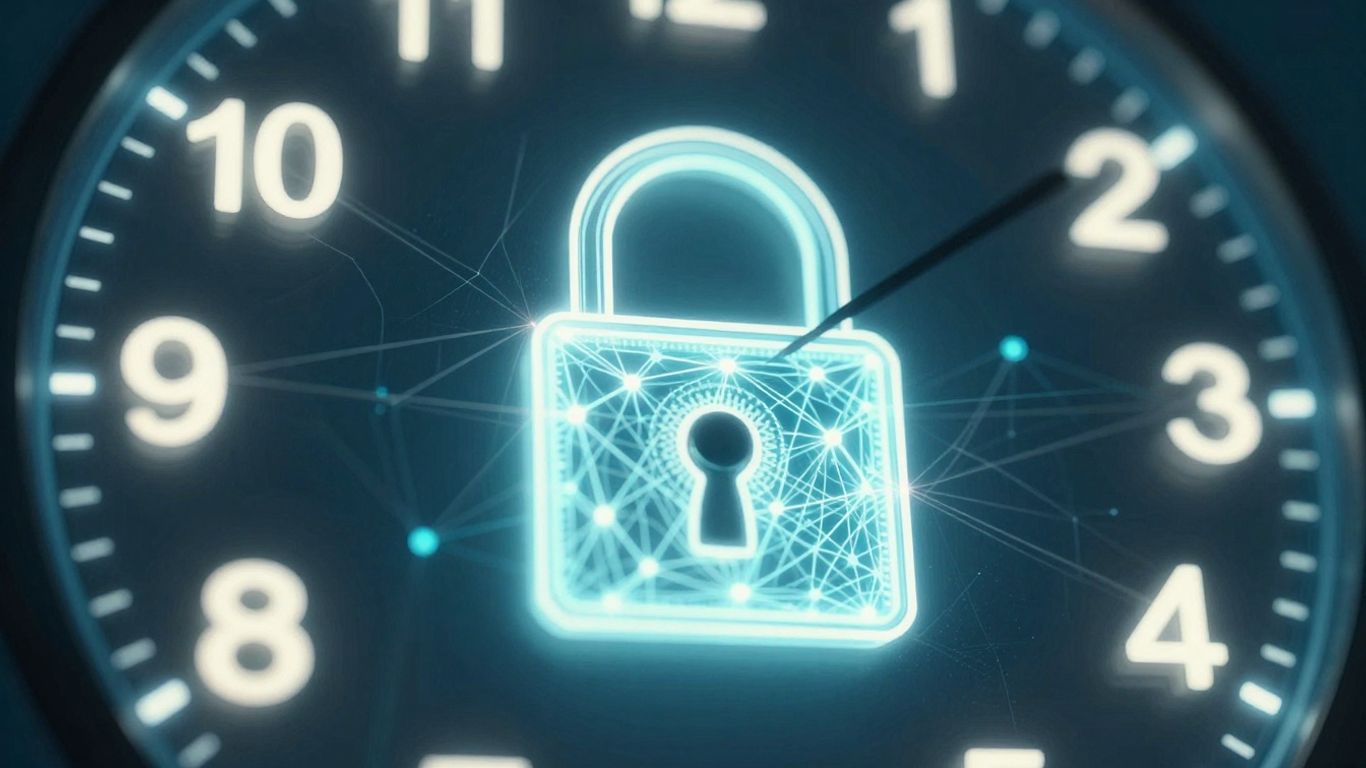[ newsletter ]
Stay ahead of Web3 threats—subscribe to our newsletter for the latest in blockchain security insights and updates.
Thank you! Your submission has been received!
Oops! Something went wrong. Please try again.
Explore AI's role in advanced threat detection for DeFi, enhancing security and combating fraud effectively.





As decentralized finance (DeFi) continues to grow, the need for advanced security measures becomes more urgent. Advanced threat detection for DeFi using artificial intelligence (AI) offers innovative solutions to identify and mitigate risks and fraudulent activities. This article explores how AI can enhance security in DeFi projects and the challenges and benefits associated with its implementation.
In the world of Decentralized Finance (DeFi), advanced threat detection is crucial for safeguarding users and their assets. As DeFi platforms grow, so do the risks associated with them. Here’s a closer look at the key aspects of threat detection in this space.
AI plays a significant role in enhancing security measures within DeFi. It helps in:
Despite its benefits, implementing AI in DeFi security comes with challenges:
AI-driven systems offer several advantages:
In the DeFi landscape, proactive measures are essential. By leveraging advanced technologies, scam detection tools can significantly reduce the risk of fraud, ensuring a safer environment for investors.
Overall, advanced threat detection is vital for the security and trustworthiness of DeFi projects, making it a priority for developers and users alike.
Artificial Intelligence (AI) is transforming how we detect fraud in Decentralized Finance (DeFi). AI systems can analyze blockchain data and identify potential attacks and fraudulent activities in real time, making them essential for security. Here are some key machine learning models used:
Natural Language Processing (NLP) is another powerful AI technique. It helps in identifying scams by analyzing text data from various sources. Here are some applications of NLP in fraud detection:
Real-time data analysis is crucial for effective fraud detection. AI can monitor transactions continuously, providing immediate alerts for suspicious activities. Key features include:
By leveraging advanced technologies, we can create a safer environment for DeFi investors, ensuring that they can engage in financial activities without fear of scams.
In the world of decentralized finance (DeFi), data availability and quality are major hurdles for effective security. Without reliable data, AI models struggle to learn and detect threats accurately. Here are some key challenges:
In summary, while AI has the potential to enhance security in DeFi, addressing these challenges is essential for effective implementation. The impact of artificial intelligence on decentralized finance can be significant, especially in improving security and detecting fraud.
By tackling these data challenges, DeFi projects can build a more resilient security framework, ultimately protecting users and their assets more effectively.
Smart contracts are essential in the DeFi world, but they can be vulnerable to attacks. AI can significantly improve their security by automating audits and identifying weaknesses before they become problems. Here are some key areas where AI enhances smart contract security:
In summary, AI is a powerful ally in enhancing smart contract security. By automating audits, detecting vulnerabilities, and optimizing designs, AI helps create a safer environment for DeFi projects. The integration of AI in smart contract security is crucial for building trust in the DeFi ecosystem.

The future of decentralized finance (DeFi) is promising with AI-powered cross-chain monitoring. This technology will enable:
Automated smart contract audits will become essential for ensuring security. Key benefits include:
AI-driven risk assessment models will be crucial in managing risks in DeFi. These models will:
In summary, the integration of AI in DeFi security is not just about technology; it's about creating a safer environment for all users. By leveraging these advancements, we can significantly reduce risks and enhance the overall security of decentralized finance platforms.
Using AI in decentralized finance (DeFi) raises significant ethical questions. Privacy issues can arise when monitoring user behavior, leading to discomfort among users who may feel their actions are being scrutinized. Here are some key points to consider:
DeFi platforms operate in a complex and ever-changing regulatory landscape. AI can help in staying compliant with these evolving requirements. Here are some important aspects:
The ethical use of AI in DeFi is crucial for fostering a secure environment. Here are some considerations:
In summary, while AI has the potential to enhance security in DeFi, it is crucial to address these challenges to ensure effective and ethical use of technology. Ethical AI considerations in DeFi must focus on fairness, transparency, and accountability to foster a secure environment for all users.

In the rapidly evolving world of Decentralized Finance (DeFi), community engagement is essential for creating a secure environment. By involving users in security practices, DeFi projects can enhance their defenses against threats. Here are some key strategies to build a resilient ecosystem:
Building a resilient DeFi ecosystem requires a collective effort. By engaging the community, forming partnerships, and utilizing open-source tools, we can create a safer environment for all users.
In conclusion, the integration of AI in DeFi security is vital. It not only enhances security measures but also ensures compliance with evolving regulations, ultimately fostering a safer financial ecosystem.
In summary, this article highlights the importance of using AI for detecting threats in DeFi projects. As the DeFi space grows, so do the risks of fraud and attacks. AI can help by quickly spotting unusual activities and predicting potential problems before they happen. It can also improve the security of smart contracts, making them safer for users. However, challenges like limited data and the need for better tools still exist. Moving forward, it's crucial for researchers, developers, and regulators to work together to enhance security measures. By doing so, we can create a more reliable and trustworthy DeFi environment for everyone.
Advanced threat detection in DeFi means using smart technology to find and stop fraud or attacks in decentralized finance projects.
AI helps by quickly analyzing large amounts of data to spot unusual patterns that could mean fraud, making DeFi projects safer.
Some challenges include not having enough good data, the complexity of AI systems, and keeping user information private.
The benefits include faster detection of fraud, better risk management, and improved smart contract security.
Communities can help by sharing information about scams and suspicious activities, which can lead to quicker responses.
Users should know that AI will continue to evolve, helping to create safer environments in DeFi by improving detection and response to threats.


